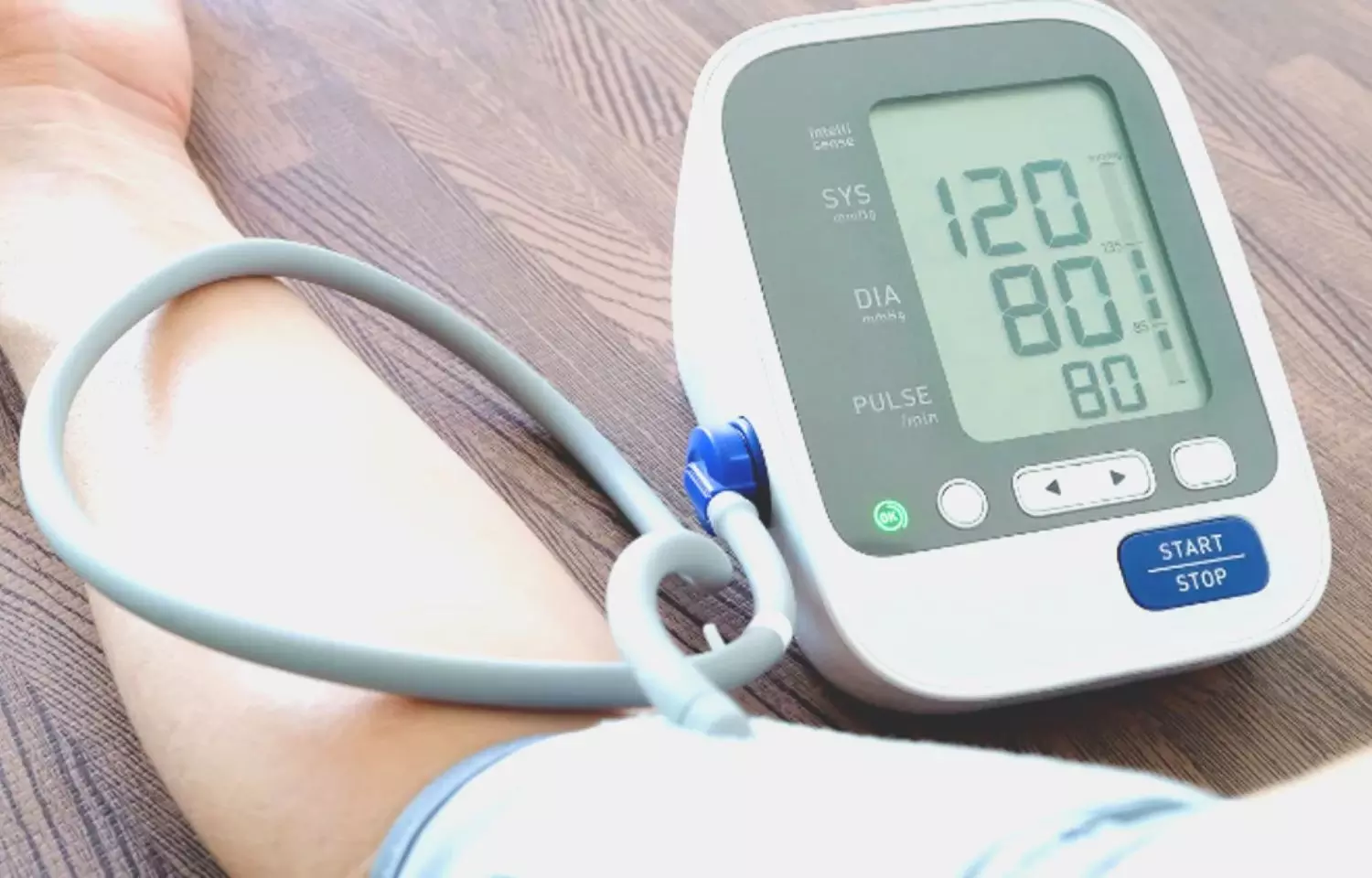- Home
- Medical news & Guidelines
- Anesthesiology
- Cardiology and CTVS
- Critical Care
- Dentistry
- Dermatology
- Diabetes and Endocrinology
- ENT
- Gastroenterology
- Medicine
- Nephrology
- Neurology
- Obstretics-Gynaecology
- Oncology
- Ophthalmology
- Orthopaedics
- Pediatrics-Neonatology
- Psychiatry
- Pulmonology
- Radiology
- Surgery
- Urology
- Laboratory Medicine
- Diet
- Nursing
- Paramedical
- Physiotherapy
- Health news
- Fact Check
- Bone Health Fact Check
- Brain Health Fact Check
- Cancer Related Fact Check
- Child Care Fact Check
- Dental and oral health fact check
- Diabetes and metabolic health fact check
- Diet and Nutrition Fact Check
- Eye and ENT Care Fact Check
- Fitness fact check
- Gut health fact check
- Heart health fact check
- Kidney health fact check
- Medical education fact check
- Men's health fact check
- Respiratory fact check
- Skin and hair care fact check
- Vaccine and Immunization fact check
- Women's health fact check
- AYUSH
- State News
- Andaman and Nicobar Islands
- Andhra Pradesh
- Arunachal Pradesh
- Assam
- Bihar
- Chandigarh
- Chattisgarh
- Dadra and Nagar Haveli
- Daman and Diu
- Delhi
- Goa
- Gujarat
- Haryana
- Himachal Pradesh
- Jammu & Kashmir
- Jharkhand
- Karnataka
- Kerala
- Ladakh
- Lakshadweep
- Madhya Pradesh
- Maharashtra
- Manipur
- Meghalaya
- Mizoram
- Nagaland
- Odisha
- Puducherry
- Punjab
- Rajasthan
- Sikkim
- Tamil Nadu
- Telangana
- Tripura
- Uttar Pradesh
- Uttrakhand
- West Bengal
- Medical Education
- Industry
New cost effective genetic testing method accurately detects chromosomal abnormalities: NEJM

New genetic testing method is more cost effective and accurate for detection of abnormal chromosomes compared with traditional prenatal tests, reveals a new study Short-read transpore rapid karyotyping (STORK) for aneuploidy testing of reproductive tissues can guide prenatal and fertility care according to the study.
The correspondence related to this issue has been published in The New England Journal of Medicine.
Aneuploid pregnancies are a major cause of pregnancy loss, fetal structural anomalies, and developmental delays. Hence it is important during prenatal and fertility care to identify genetic abnormalities. The two existing techniques are the rapid and targeted approach which tests a limited subset of chromosomes and a comprehensive and whole-genome approach which tests the entire genome. These have certain limitations like the time taken, cost, and sending the samples to high-complexity centralized laboratories for testing thus limiting the access to testing.
Hence, to address the issues researchers developed a novel, validated short-read–based approach for library preparation, sequencing, and data analysis. This technique enables accurate, inexpensive, and same-day genome-wide aneuploidy detection with the use of a palm-sized, nanopore-based DNA sequencer. This technique was called short-read transpore rapid karyotyping (STORK).
Using the STORK method researchers performed blinded testing of 218 sequential, remnant, reproductive specimens. This included 64 specimens of products of conception after spontaneous pregnancy loss, 52 specimens of chorionic villi after chorionic villus sampling, 50 specimens of amniotic fluid from amniocentesis, and 52 specimens of trophectoderm biopsy specimens from embryos undergoing preimplantation genetic testing for aneuploidy (PGT-A). Results from STORK were compared with the standard clinical testing.
Results:
- STORK results represented the pregnancy karyotype with 100% accuracy for products of conception, chorionic villi, and amniotic-fluid samples.
- STORK results were 98.1% concordant with the clinical diagnosis of the embryos for PGT-A samples.
- Results were discordant for 10 specimens of products of conception, but subsequent testing validated the results from STORK and the clinical diagnosis was changed.
- Reproducibility of STORK was validated by training the laboratory technicians of a Clinical Laboratory Improvement Amendments–certified laboratory. They later performed the test independently on the set of 60 sequentially collected samples having 20 specimens of products of conception, 20 specimens of chorionic villi from chorionic villus sampling, and 20 specimens of amniotic fluid from amniocentesis which yielded 100% concordant results.
The inability to detect balanced translocations and some copy-number variants and types of polyploidy were some of the limitations of the study. Despite these limitations the authors also mentioned various advantages of STORK like the following:
- Reduced cost,
- Same-day turnaround time,
- Ability to perform on-site testing without transporting the sample to a reference laboratory,
- Ability to test for aneuploidy across all chromosomes, and
- Elimination of the need for living tissue
Thus, the researchers concluded that nanopore-based sequencing of short DNA fragments for aneuploidy testing of reproductive tissues supports the further investigation of STORK to guide prenatal and fertility care.
To read the full article, click here: 10.1056/NEJMc2201810
Wei S, Djandji A, Lattin MT, et al. Rapid Nanopore Sequencing–Based Screen for Aneuploidy in Reproductive Care. New England Journal of Medicine. 2022;387(7):658-660.
BDS, MDS
Dr.Niharika Harsha B (BDS,MDS) completed her BDS from Govt Dental College, Hyderabad and MDS from Dr.NTR University of health sciences(Now Kaloji Rao University). She has 4 years of private dental practice and worked for 2 years as Consultant Oral Radiologist at a Dental Imaging Centre in Hyderabad. She worked as Research Assistant and scientific writer in the development of Oral Anti cancer screening device with her seniors. She has a deep intriguing wish in writing highly engaging, captivating and informative medical content for a wider audience. She can be contacted at editorial@medicaldialogues.in.
Dr Kamal Kant Kohli-MBBS, DTCD- a chest specialist with more than 30 years of practice and a flair for writing clinical articles, Dr Kamal Kant Kohli joined Medical Dialogues as a Chief Editor of Medical News. Besides writing articles, as an editor, he proofreads and verifies all the medical content published on Medical Dialogues including those coming from journals, studies,medical conferences,guidelines etc. Email: drkohli@medicaldialogues.in. Contact no. 011-43720751




